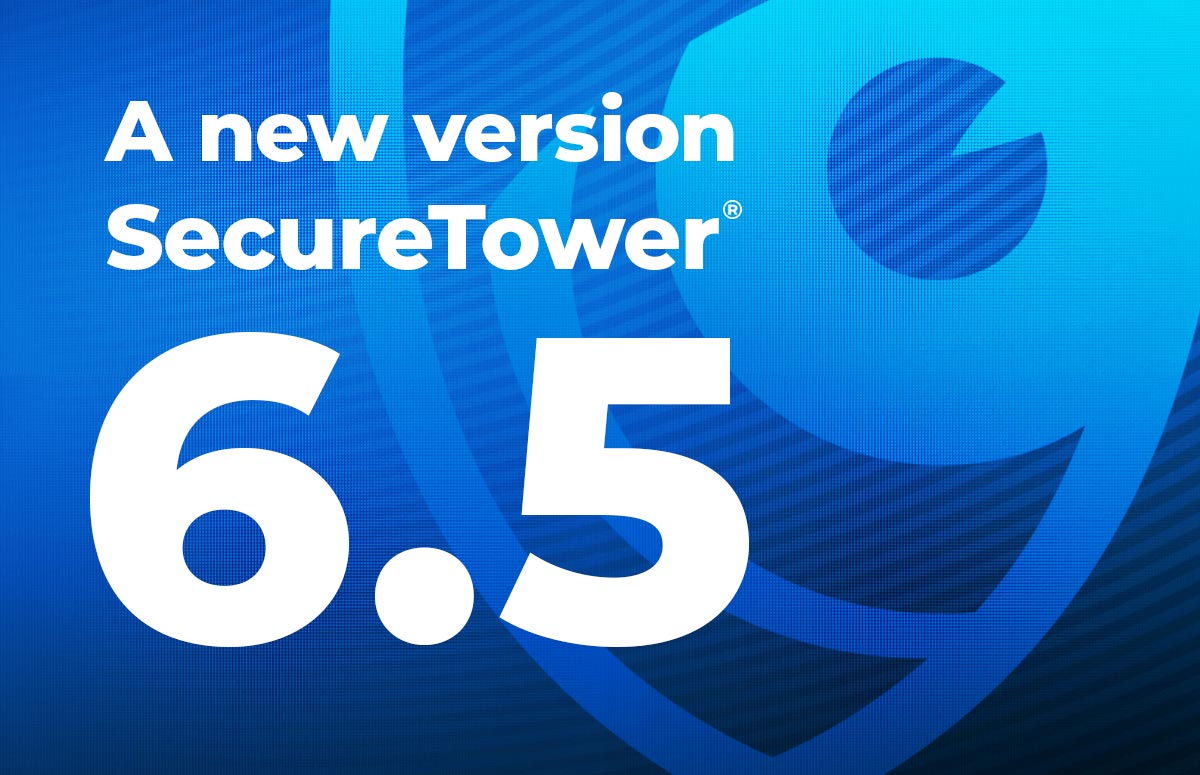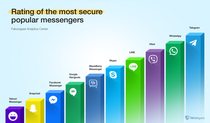

How data breach can affect business’ reputation and how to reduce brand damage?
Much more often when we speak about information security, we consider financial losses first. But data loss can affect not only your company’s finances, but also can cause great reputational damage. Reputation is the key factor for all organizations because customers and partners’ loyalty and respect have been earned for years but they can be lost at a glance. Falcongaze Analytics Center considers why is it so important to prevent data breaches and thus avoid reputational damage.
Some decades ago deliberate information dumps were quite popular way of competition among companies. Today this threat is not so widespread but still exists. Take for example information about big deals which became publicly apparent ahead of schedule. This often leads to deal collapse what rivals and foes know and use.
Another way of ruining brand’s reputation is when company’ internal documents get into mass media or blogs. The public may not like intracorporate practices and foundations. Frequently enough top-management’s internal emails addressed to employees may go online and cause public scandal adversely affecting company reputation.
If you couldn’t have avoided data breach, the main responsibility after the incident rests on the public relations specialists’ shoulders but not IT security staff’. To minimize the impact of crisis situation decide on the best strategies and action plan for such cases beforehand. The greatest mistake here is to pretend the breach never happened or ignore it. Both customers and the public will condemn you in this case. The defining challenge for companies is to figure out the causes for such incidents and find those guilty of them. Moreover, companies should inform all affected about the breach as well as on the measures taken.
In order to safeguard brand reputation many companies withhold information about an incident what usually leads to painful consequences. In 2014 Yahoo! suffered a major cyber breach that left data of 500 million users exposed. However, the company reported the breach to the public on September 22, 2016 and didn’t even explain such a delay. The United States Securities and Exchange Commission (SEC) initiated an investigation against Yahoo! claiming that the company could and should have warned customers and investors much earlier.
The key question to be raised with the companies is how to prevent data loss. Cyber threats like other external activities could certainly lead to data loss, however, the most valuable and sensitive information most often is compromised for various reasons by employees themselves. Protection against insiders is the most important scope of work for information security teams. Management of information security should include staff level of access differentiation, gag orders and other documents, DLP implementation and constant employees’ trainings.







.png)





